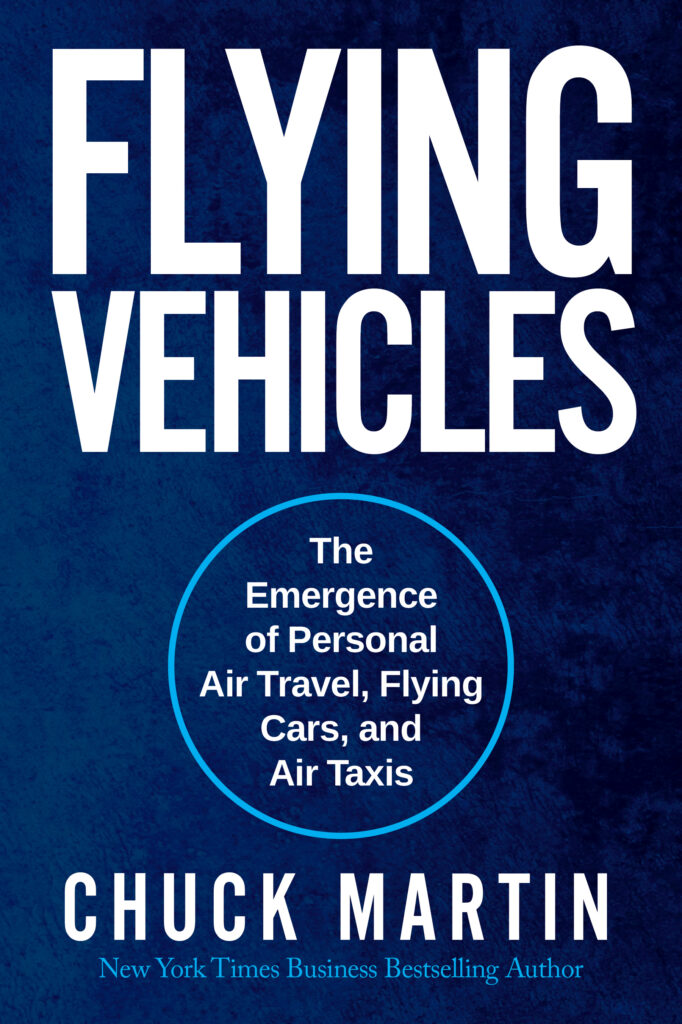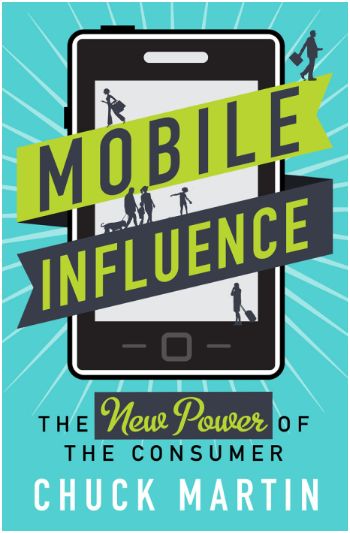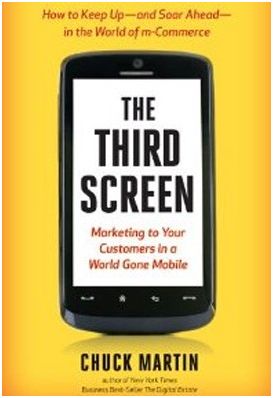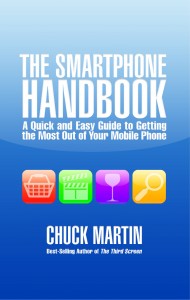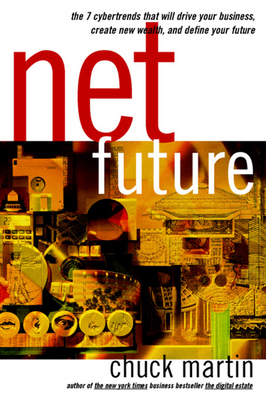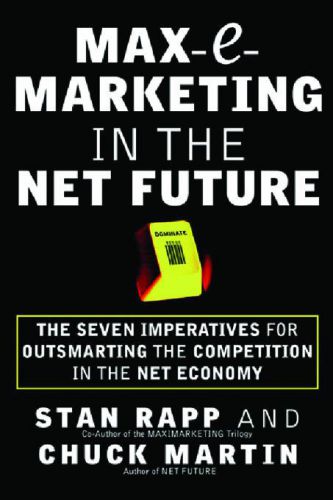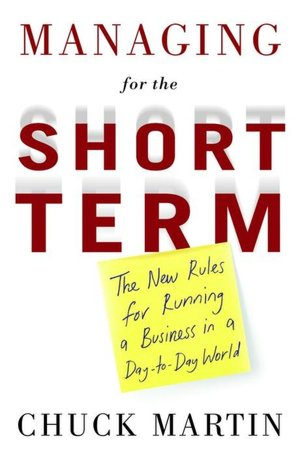Looks like we’re getting to another halfway point in mobile.
After finally passing the halfway mark for smartphone penetration in numerous markets including the U.S., U.K., Spain and the Netherlands, we’re now approaching the same kinds of percentages with mobile commerce.
A recent study of 15,000 mobile users in 14 markets found that almost half (46%) had already made purchases using their mobile device and almost half (45%) said it had influenced their in-store buys.
The interesting question is how consumers ultimately will use their smartphones and tablets to shop. Half of the average global mobile Web users now use mobile as either their primary or exclusive means of going online, according to the study by InMobi. In some markets, mobile is becoming the only way to go online.
This begs the question of how mobile consumers will use their mobile devices in stores: by tapping into the retailer’s app, using different apps or using their devices as a window to the Web.
This poses a challenge for retailers, since they have to work to optimize the consumers’ experience for all of the above, some of which they have little or no control over.
And they have no choice but to move forward, since the research found that 66 percent of consumers already have spent money via a mobile device and no doubt some of what they have been buying is sold in stores.
The increase in mobile commerce shows no sign of slowing, with 80 percent of consumers planning to spend via mobile in the next year, according to the study.
Just as there’s a split between those who use mobile while shopping and those who don’t, I have to wonder if there will be a division in those who use mobile differently, whether by app, mobile Web or both, not to mention by which device.
All of this may dwarf the issue of Google’s Android vs. Apple’s iOS. How do you see all this playing out?
Chuck Martin is editor of mCommerce Daily at MediaPost and writes the daily MobileShopTalk. He is author of “The Third Screen,” “The Smartphone Handbook,” and the soon-to-be-published “Mobile Influence.” He is CEO of Mobile Future Institute and a frequent mobile keynote speaker around the globe.


